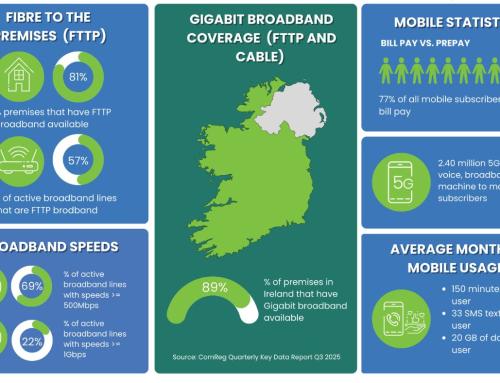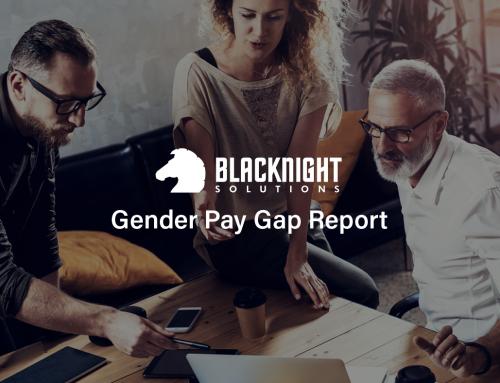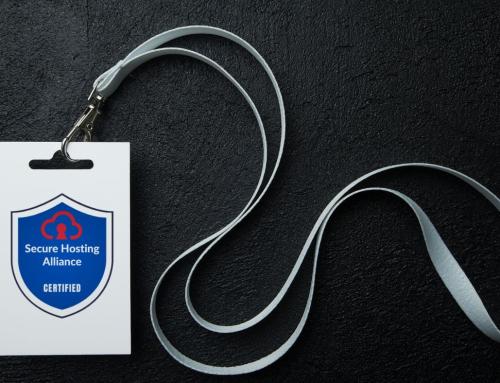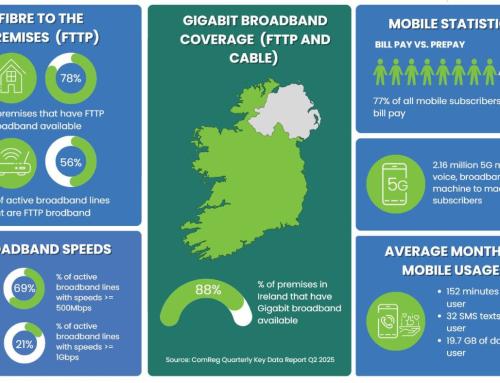I was interviewed recently for an article published by Warren News. We’re republishing the article here with the permission of Warner Communications News:
Too Little Marketing Said Hurting Growth of .us and .eu
Country-code top-level domains (ccTLDs) .us and .eu were launched to great expectations, but several
years on, some wonder whether they will ever achieve their potential. There are claims the .us name space is
not being managed or marketed effectively, and that .eu suffers from too little exposure and too much
"warehousing" by domain name speculators. Registries EURid and NeuStar said they’re successful but acknowledge
that their domains could be more popular.
With the .us registry contract up for possible rebid by NTIA, .info registry Afilias and registrar Go-
Daddy teamed up as the Domain Name Alliance Registry to submit a quotation (WID Aug 1 p5). They criticized
NeuStar’s management of .us, saying it lost ccTLD market share over the past two years and that only
one in five websites contains original content.
With somewhere around one million registrations, .eu ranks ninth of all country codes, behind the Netherlands,
China and Argentina, the alliance said. NeuStar allowed .us to lose ground in a rapidly expanding market, the
alliance said, "beaten by aggressive competitors" when it should be growing at least as fast as the market in general.
The .us namespace is subject to several policies and procedures unique to it, such as requiring registrants to
have a legitimate nexus with the U.S. and filtering out certain unacceptable words, Keith Drazek, NeuStar senior
manager, industry and government relations, told us. The restrictions tend to weed out many of the abusive registration
practices, such as spammers, who go to other TLDs, such as .info, inflating the size of their registration databases,
he said. That is one of many arguments for why .us has not grown as quickly as other domains, he said.
Drazek stressed that NeuStar supports the policies, which are crucial to maintaining the integrity of the space.
NeuStar, which also responded to NTIA’s request for quotations, is committed to continuing its responsible
and aggressive promotion of .us, Drazek said. Among other things, the registry conducts marketing programs designed
to drive "quality" registrations with actual content, he said.
.eu a ‘Wasteland’?
The ccTLD is working well but faces several challenges, a June 7 European Commission report to the European
Parliament and Council concluded. Among the challenges is to ensure promotion of more registrations as
well as actual use of .eu by citizens, institutions and companies, it wrote.
Despite the commission’s glowing report, some observers say .eu is a no-go. In a July blog on CircleID,
an Internet policy discussion space, Blacknight Internet Solutions Managing Director Michele Neylon
asked if the EU namespace is dead.
Efforts by registry EURid to increase awareness of .eu as a brand are "a bit misplaced," Neylon said.
The domain name only works for native English speakers, who "are anything but the majority" in the EU, he
said. The ccTLD was created to serve European citizens and businesses, but many domains were snapped up
during the sunrise and landrush stages by speculators and "phantom" registrars created for the purpose of grabbing
names, Neylon said. The "fiasco" hurt Europeans’ confidence in the namespace because so many names
were taken by dodgy companies on the other side of the globe, he said.
Even the strictest registration rules provide opportunities for mass domain-grabbing and cybersquatting, said
Dirk Krischenowski, founder of dotBERLIN, which aims to roll out city TLDs. Some say domain speculators are the
"salt in the soup" because they create and raise the hype on a new TLD, he said, but mass domain-buying can sour regular
Internet users who find "for sale" signs or monetizing websites at frequently typed terms such as hotel, he said.
The crucial part of marketing a domain is to get famous brands, celebrities and the Googles and Yahoos
to use them actively, said Krischenowski. The EU should also have reserved generic terms for its own use,
such tourism.eu or visit.eu, to help market its assets, he said.
The .eu ccTLD is a "wasteland with perhaps less than 16% of domains being actively developed as websites,"
Internet lawyer Bret Fausett blogged. The rest are holding, framed, pay-per-click or redirected pages, he
said. "Far from being the prominent European choice, it is now very much a third choice for most Europeans," he
said. Unless it finds a niche, it will stay at this level, if it’s lucky, Fausett said.
.eu is "fundamentally unnecessary" for big companies, said intellectual property lawyer John Berryhill, who
represents domain name registrants in cybersquatting cases. "If I am Siemens, I already have Siemens.com, and
people can navigate to the language version they want," he said. Registering Siemens.eu adds nothing, he said, because
it’s more sensible to have the national distribution organizations use the relevant ccTLD. A large corporation
will not hire a new team to build a .eu site from scratch, it will simply migrate content to it, Berryhill said.
"We have only been open for about 15 months and have 2.5 million registered domain names, being the
third largest ccTLD in Europe," EURid’s spokesman told us. Some companies are actively using their .eu websites,
the number of domain name system database queries is 7.5 times higher than it was last year, the renewal rate is
"healthy" and around 2,000 domains are being added every day, he said.
It takes time for a new TLD to become a natural part of the domain name world, the EURid spokesman
said. Over time, the registry hopes to see more of .eu "out in the streets, on the back of buses," and in advertisements,
but companies as well as individual need time to adjust, he said.
The phantom registrars some complained of were not illegal, the EURid spokesman said. They were
registered and working under U.K. laws, and there were no provisions in the registry’s regulation that allowed
it to limit the number of or exclude registrations by suspected associated companies, he said. However, victims
of the abuses could and still can seek to recover their names by filing alternative dispute resolution complaints
for abusive or speculative registrations, he said.
U.S. applicants are not eligible to register .eu domains, but .eu has U.S. registrars, the EURid spokesman
told us. In one major case, a huge number of limited liability companies were set up in the U.S. and became accredited
as registrars representing a few registrants in the EU to purchase a large number of names during the
ccTLD launch. Since registrars are by contract barred from warehousing names, EURid sued them in a Belgian
court, the spokesman said. The case is ongoing and its outcome uncertain, he said. The registry also revoked
around 6,000 domain names due to lack of eligibility, he said. —
Dugie Standeford
This article orginally appeared in WASHINGTON INTERNET DAILY MONDAY, AUGUST 6, 2007






